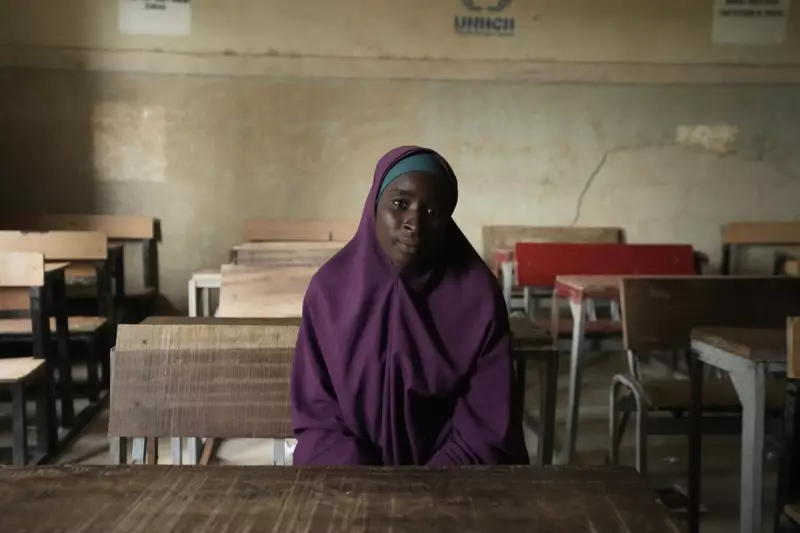
The United States has made a dramatic move to suspend all vital humanitarian assistance to Northeast Nigeria, a region grappling with a severe food crisis and the relentless threat of Boko Haram extremists. The decision, confirmed by the US Agency for International Development (USAID), casts a shadow of uncertainty over the fate of millions of civilians who depend on foreign aid for their survival.
The suspension is a direct response to a significant deterioration in security conditions, making it increasingly perilous for aid workers to operate. A USAID spokesperson cited "concerns over the safety and security of our staff and partners" as the primary reason, highlighting the immense challenges of delivering life-saving support in an active conflict zone.
A Region on the Brink
This withdrawal of support could not come at a more critical time. The United Nations and other aid organisations have repeatedly warned that Northeast Nigeria is teetering on the edge of a full-blown famine. Years of violent insurgency, compounded by climate shocks and economic instability, have left an estimated 4.4 million people in desperate need of food assistance.
Local officials in Borno State, the epicentre of the crisis, have expressed profound alarm. Zuwaira Gambo, the state's commissioner for women affairs, confirmed the devastating impact, stating the aid cut would affect a staggering 1.8 million vulnerable women and children.
The Security Dilemma
The suspension underscores the complex and dangerous environment in which humanitarian organisations operate. The Islamic State West Africa Province (ISWAP), a faction that broke from Boko Haram, has intensified its attacks on military and civilian targets. This surge in violence has crippled the already limited access that aid groups have to the most remote and affected communities.
This creates a vicious cycle: worsening insecurity prevents the delivery of aid, which in turn deepens the humanitarian crisis, potentially creating more instability. The US decision, while prioritising the safety of personnel, raises difficult questions about how to effectively help those in need within such a volatile landscape.
The international community now watches with bated breath. The hope is that this suspension is a temporary measure, but the immediate future for millions of Nigerians hangs in the balance, dependent on a resolution to a security crisis that has plagued the region for over a decade.





